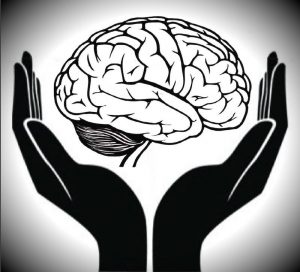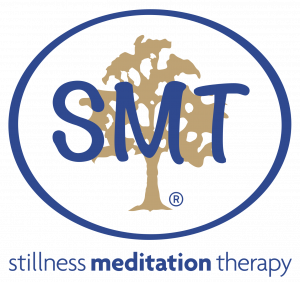Managing the mind – our most precious possesion
 Lots of information is available these days on how to improve mental health, manage our mind, control emotions, find inner peace … and so on. In a flush of interest over the past 5 years or so, the significance of mental health has become public property and, thankfully, mental health issues are at last being recognised as valid – and treatable – and certainly no longer subjects to be avoided at all costs.
Lots of information is available these days on how to improve mental health, manage our mind, control emotions, find inner peace … and so on. In a flush of interest over the past 5 years or so, the significance of mental health has become public property and, thankfully, mental health issues are at last being recognised as valid – and treatable – and certainly no longer subjects to be avoided at all costs.
Within that information the word ‘mindfulness’ has emerged as a sort of cure-all-cum-trendy practice as well as a catch word within our vernacular. The word ‘mindfulness’ is also attached to the word ‘meditation’ and so, for many uninformed people, mindfulness means meditation. Wrong!
Additionally within that context, for many, ‘mindfulness’ erroneously means a practice that covers all styles of meditation. Definitely wrong! So I feel compelled in this blog to tease out some information that should correct a few of those wrongs. In doing so, I would really like to enlighten readers as to the how and why these misleading suppositions have arisen.
Firstly it should be understood that yes, our mind is our most precious possession. So it would make good sense to treat our mind with delicacy and respect. Within that context, and because each of us is an individual, when offering a contrived practice or remedy or therapy for change, we cannot assume that ‘one size necessarily fits all’.
Secondly, ‘meditation’ per se originates within philosophical practices and is allied to belief systems. Meditation is of ancient origin and was adopted (and adapted) to the culture and spiritual or religious systems surrounding it. For example, in traditional Hindu meditation, the purpose of meditating is to gain spiritual enlightenment – a noble ambition worthy of great respect.
Today, the concept of ‘mindfulness’ has become popularised. But we must be ‘mindful’ that the connotations surrounding its popularisation have arisen from a secularised component of traditional Buddhist philosophy. These teachings also are worthy of the utmost respect and it is demeaning to its origins to allow such teachings to be reduced to the commonplace.
There is something more that concerns me. The purpose of the popularised mindfulness practices is aimed at assisting individuals to ‘live in the present’, to be more aware in general and possibly, to gain some element of relaxation and better coping skills along the way. Mindfulness practice teaches focus, concentration and the use of associated metaphors or visual stimuli in order to gain mental control. This is very well and good – for some people. But experience has demonstrated to me over many years that, for many people, any kind of focus, concentration or mental effort is not at all helpful and indeed can become very hard work and for some, quite detrimental to the cause of mental health. This reality then becomes a contradiction in terms of introducing calming influences to a range of individuals. So I hope readers may recognise my personal concerns: calming the mind is a sensitive task and must be carried out with knowledge, experience and integrity.
And now, a realistic look at that precious commodity: the mind. We humans live in far more than the present. We live in a threefold present where past memories, future expectations and a current ‘now’ that vanishes immediately it comes to our awareness. Spiritually speaking, God, the Deity, the Eternal, the One, exists far beyond time which gives rise to the thought that our lives are constantly moving beyond ‘the moment’ to a state of timeless ‘being’. Essentially, it’s those moments of timelessness that are pure. Those moments of timelessness – the natural still-point of calm that provide rest and respite from the cares of the day. Those moments of timelessness are a natural part of mental function and, if addressed correctly, in time and with repetition, those timeless moments rest the mind physically, emotionally and spiritually. The result of these changes bring emotional strength so that mental turmoil can be successfully healed and living becomes easy, natural and more complete.
Those timeless moments are captured in the experience of simple stillness. No effort. No structured technique. Just natural mental rest – the body’s own way of coping with distress.
At this Centre we are fortunate to have the knowledge and skills to replicate the genius work of Dr Meares. His concept of meditation is essentially a natural, physiological experience from which lives can be transformed.
Read more about Dr Ainslie Meares and Stillness Meditation Therapy
Pauline McKinnon ©
February 2017, Melbourne


